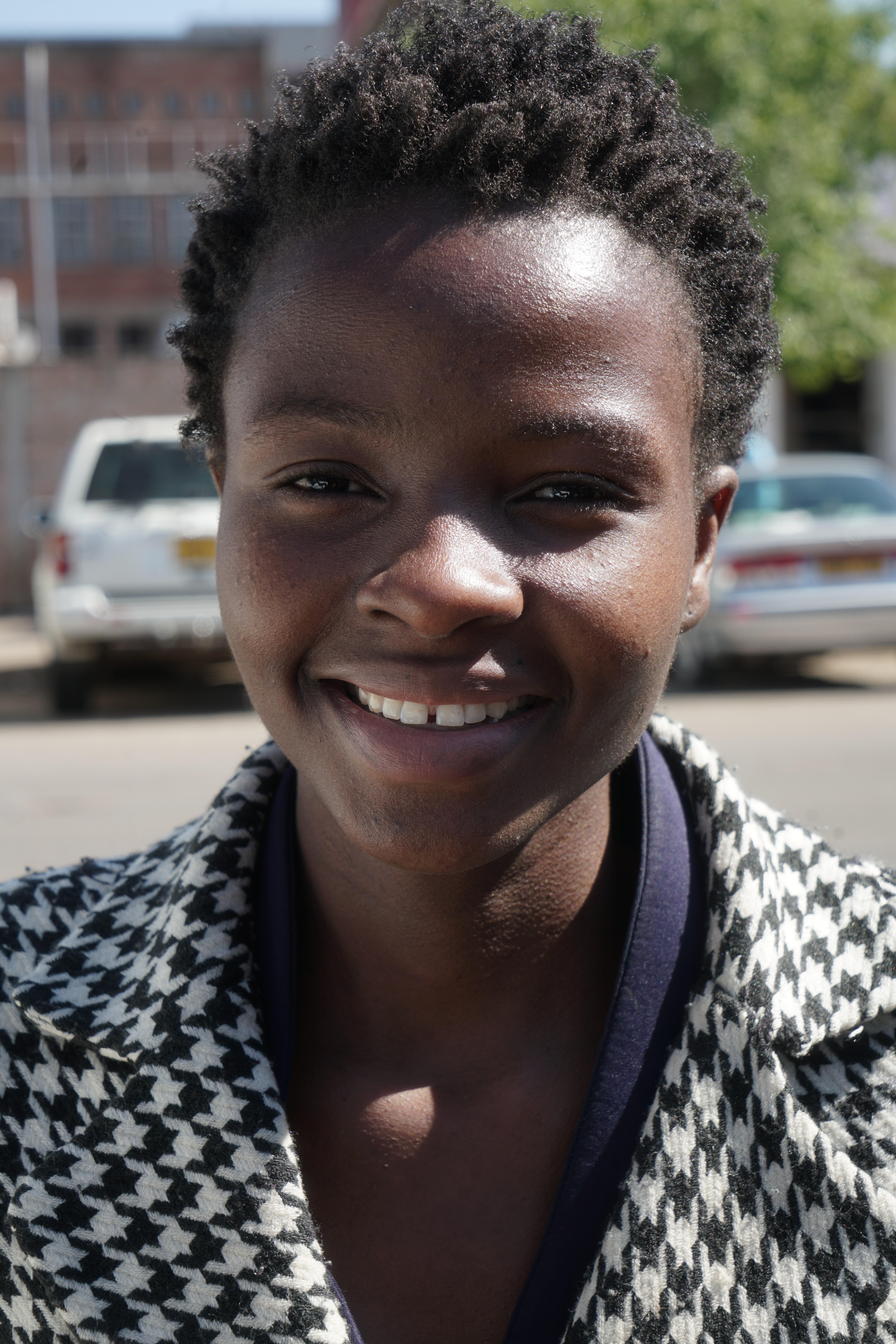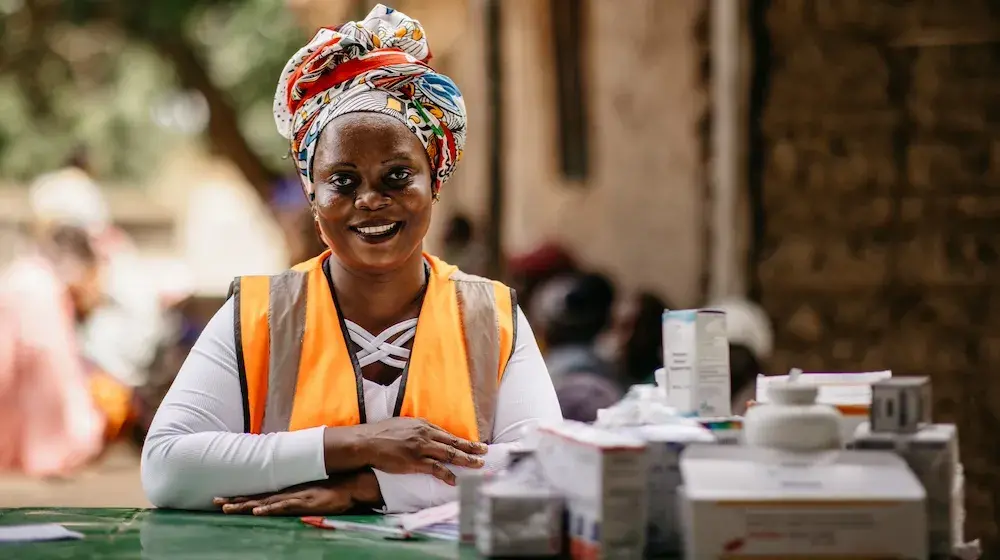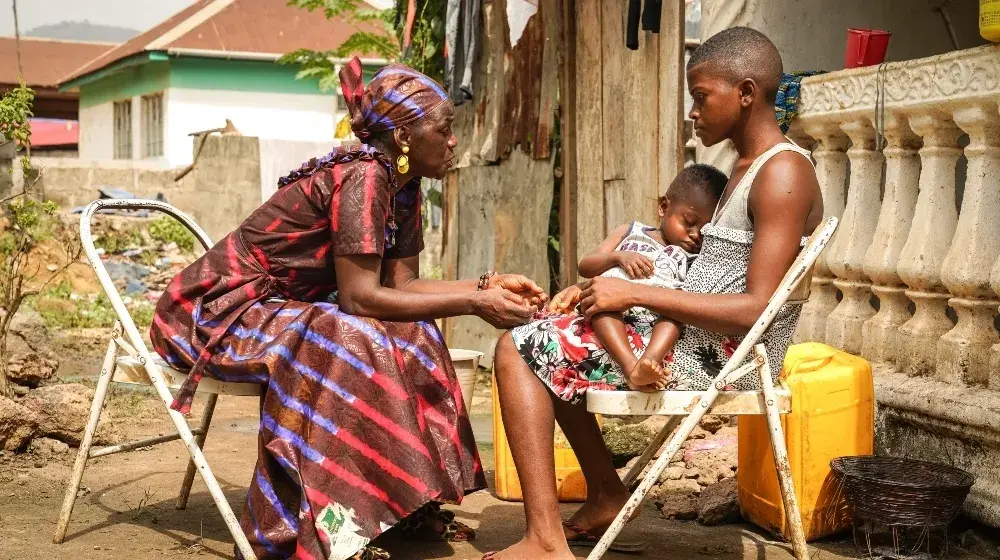Ashley Philly looks and sounds like the proverbial girl next door. The twenty-year-old Bulawayo resident has a bubbly demeanor and laughs easily. Today, she is smartly dressed in a navy dress and black and white coat as she hands out boxes of condoms to sex workers outside a bar in Bulawayo. Ashely is also a sex worker.
“When I started sex work I was 15 years old. I went into sex work because I come from a child-headed family and I had to support my siblings – pay their school fees, make sure the rent is paid and the food is on the table, so I had to be the one going out looking for food and looking for money,” Ashely explains.
Her colleagues Petronella and Lillian, both in their early twenties, also speak of broken families and hardship pushing them into sex work. They have all faced violence and abuse.
Lillian tells of a horrific rape and beating by 3 men, followed by refusal of service at a local clinic. Denied treatment, she treated her wounds at home with salt and disinfectants.
All three women found help at CeSHHAR (Center for Sexual Health and HIV AIDS Research) which operates a key populations clinic offering clinical services to sex workers. These are services that sex workers would struggle to access in publichealth centers because of stigma associated with sex work.
However, above and beyond clinical services, CeSHHAR has equipped the young women with a renewed sense of direction and opened doors to other services that have allowed them to refocus their lives.
“When I started I didn’t even know how to use a condom,” says Petronella. She also struggled to negotiate condom use and was sometimes robbed of her earnings. Today, she is a confident operator who, although she is HIV positive, understands how and why she must protect herself from reinfection.
After recovering from her rape ordeal, Lillian got tested for HIV at the Sister Clinic, another CeSHHAR initiative. When she tested negative, she was determined to maintain her sero status.
“After I tested HIV negative, I entered the PrEP trials and became a PrEP champion,” Lillian explains, “and thanks to CeSHHAR, my attitude towards dealing with people changed. I became a lot more easygoing.”
Through CeSHHAR, Ashley went from being a young woman on a downward spiral to being a PrEP Advocate and having the presence of mind to seek to complete her stalled education.
“When I came here everything was so cool. The staff are welcoming. You feel at home and you won’t hide anything from anyone,” she explains.
For Ashley, Petronella and Lillian, CeSHHAR has been a portal into a mindset of safeguarding their health and empowering themselves and their peers.
“Through the DREAMS program I wrote my ‘O’ levels and I passed2 subjects. Unfortunately, I didn’t get them all, but I’m going back to school to write them all,” Ashley says. –Ben Mahaka





